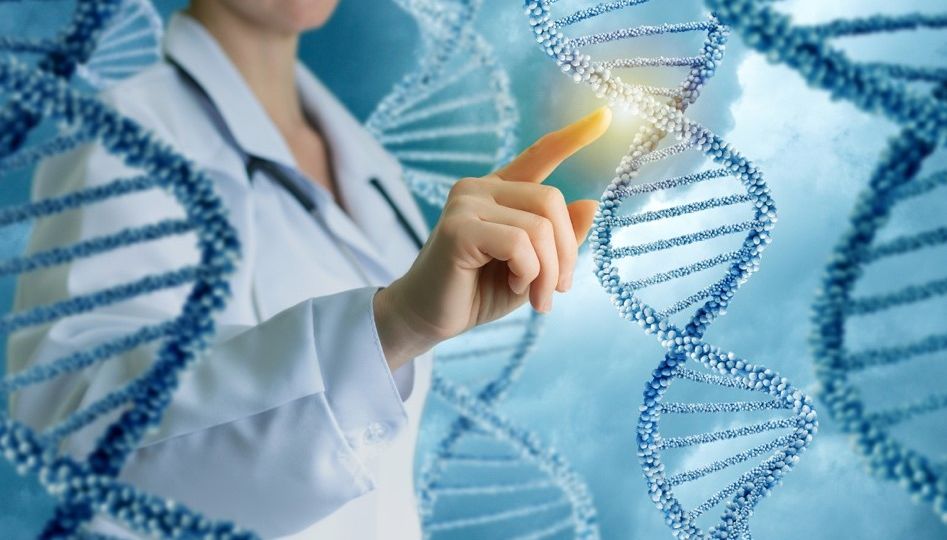
Insight by: Jon Warner, Executive Chair of Citizen Health Strategies (CHS)
At a recent conference on the whole subject of precision medicine, genomics and longevity, one of the speakers encouraged us to imagine a future where every American’s healthcare (man, woman and child) is tailored to their unique genetic makeup (which would basically man full genomic sequencing would need to be paid for by the Government as a public good). This vision, once a science fiction trope, is edging closer to reality as the cost of genetic sequencing plummets (and is much more readily affordable) and its potential applications expand. While the prospect of a genetically-informed healthcare system holds immense promise for disease prevention, diagnosis, and treatment, it also raises complex ethical, logistical, and scientific questions. Nowhere are these implications more profound than in the realm of drug safety and adverse drug reactions (ADRs).
A New Era of Personalized Medicine
The human genome, our complete set of DNA, holds the blueprint for who we are, influencing everything from our physical characteristics to our susceptibility to disease. Genetic variations, subtle differences in our DNA sequence, can impact how our bodies process medications, leading to a range of responses from increased efficacy to life-threatening adverse drug reactions (ADRs).
Currently, ADRs are a significant public health concern, ranking as the fourth leading cause of death in the United States. Many of these reactions stem from genetic variations that alter drug metabolism, transport, or target interactions. Full genome sequencing could provide a treasure trove of information, allowing clinicians to:
- Predict ADR Risk: By identifying genetic variants associated with ADRs, healthcare providers could tailor prescriptions to minimize the risk of serious side effects. This personalized approach could be particularly impactful for medications with a narrow therapeutic index, where even small dosage adjustments can have significant consequences.
- Optimize Drug Selection: Genetic information could guide clinicians in selecting the most effective medication for a patient based on their genetic profile. This could lead to improved treatment outcomes and reduced trial-and-error prescribing.
- Develop Safer Drugs: Pharmaceutical companies could leverage genomic data to design drugs with fewer side effects and tailor clinical trials to specific genetic subpopulations.
Navigating the Challenges
While the potential benefits of a genetically-informed approach to drug safety are undeniable, realizing this vision requires addressing significant challenges. These include:
- Data Interpretation and Clinical Utility: The human genome is vast and complex. Translating raw genomic data into clinically actionable insights requires sophisticated bioinformatics tools, robust databases linking genetic variants to drug responses, and a skilled workforce capable of interpreting and applying this information.
- Data Privacy and Security: Genetic information is highly personal and sensitive. Safeguarding this data from unauthorized access, discrimination, and misuse is paramount. Robust privacy regulations, secure data storage systems, and public education on genetic privacy are essential.
- Health Equity and Access: Ensuring equitable access to genetic testing and personalized medicine is crucial. Cost, insurance coverage, and cultural sensitivities must be addressed to prevent exacerbating existing health disparities.
- Ethical Considerations: The widespread adoption of genetic testing raises ethical dilemmas regarding informed consent, genetic counseling, the potential for genetic discrimination, and the psychological impact of learning about one’s genetic predispositions.
Charting a Path Forward
Transitioning to a genetically-informed healthcare system will require a multifaceted approach involving stakeholders across the healthcare ecosystem. A few of these are:
- Investment in Research: Continued research is needed to elucidate the links between genetic variations and drug responses, develop accurate predictive models, and translate these findings into clinical practice.
- Infrastructure Development: Robust data infrastructure, including secure data storage systems, interoperable electronic health records, and sophisticated bioinformatics platforms, is essential for managing and analyzing vast amounts of genomic data.
- Workforce Training: Healthcare providers need to be trained in genomics, pharmacogenetics, and data interpretation to effectively integrate genetic information into clinical decision-making.
- Public Engagement: Open and transparent communication with the public is crucial to address concerns about genetic privacy, discrimination, and the ethical implications of genetic testing.
A Future Transformed
The prospect of a genetically-informed US healthcare system represents a paradigm shift in medicine, with the potential to revolutionize drug safety and usher in an era of personalized, proactive, and preventive care. While challenges remain, the potential benefits for individual and public health are too significant to ignore. By embracing a collaborative, ethical, and evidence-based approach, we can harness the power of genomics to create a healthier and safer future for all Americans.





